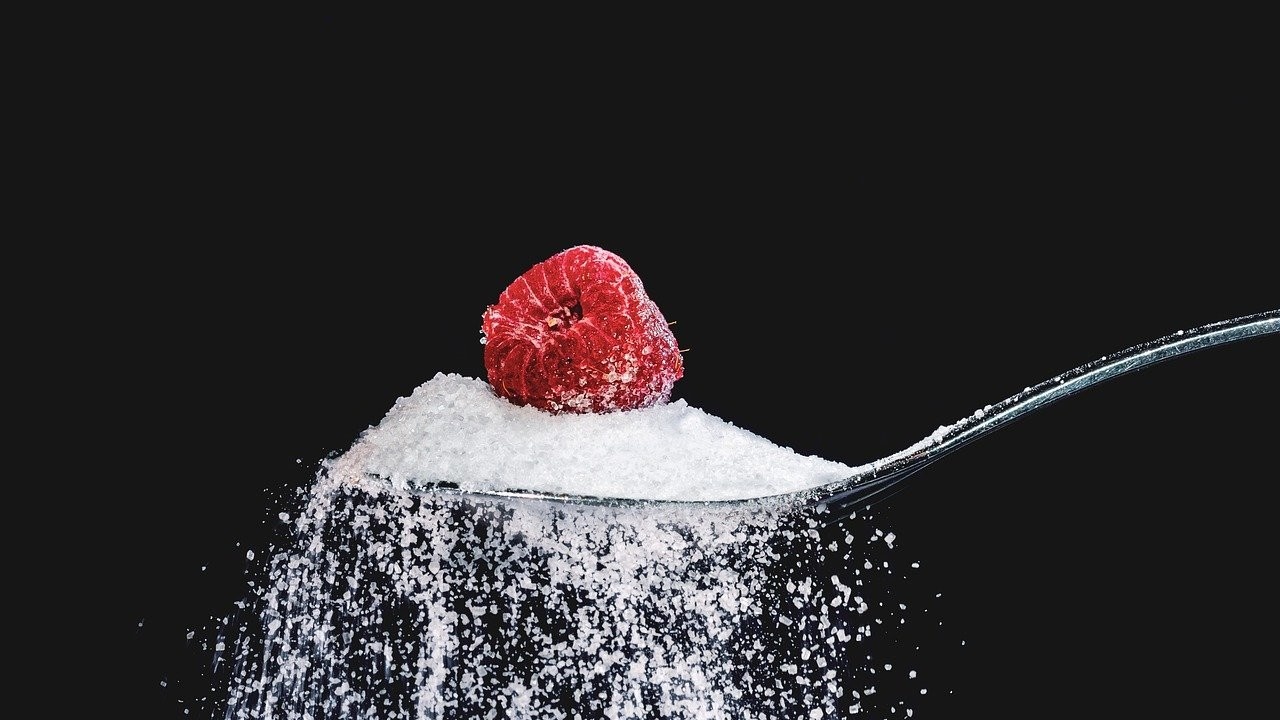How the Heck Did I Get Type 2 Diabetes?

Were you shocked the last time you visited your doctor?
I mean, you don’t have any kind of x-ray vision into your blood to know what’s going on in there.
So maybe you had a surprise or two with your lab results. You are not alone.
If one of those surprises was an elevated blood sugar, then you can join millions of other clueless compadres. In fact, about 1 in 4 people living with diabetes today have no idea they have it. And when you are talking about pre-diabetes, that number is only 1 in 10. So yep, plenty of other people have some raised eyebrows when they get that phone call about their labs.
I’ve got what?
How did this happen to YOU?
Type 2 Diabetes does sneak up on you. I’m saying “type 2” because that is by far the most common. The other kind, type 1, is an autoimmune disease that destroys the cells that make the hormone insulin which controls your blood sugar. You most likely have type 2. So how did that happen?
According to the CDC, just over 10% of the entire American population has diabetes.1 This makes diabetes (and pre-diabetes) the fastest growing medical condition in the US. In fact, the number of diabetics has doubled in just the last 5 years.

https://www.cdc.gov/media/releases/2017/p0718-diabetes-report-infographic.html
So what is going on?!
That’s the million dollar question. (Actually, if you think about how much this costs us in healthcare, it is actually a $327 billion dollar question.)2
Fortunately, researchers have identified the underlying problem with diabetes. Knowing what to do about it is a different matter. But...there are some things that actually work to make diabetes better.
The underlying problem is something called insulin resistance. Here’s how it works.
Insulin’s job is to take sugar from the blood and put it into cells. Insulin knocks on the cell’s door and it opens wide for the energy.

The cells can either use it for immediate energy or store it for later use. Muscle and liver cells store some of the sugar as glycogen (another form of sugar that is available for immediate use). After the glycogen stores are full, the rest of the sugar we eat gets converted to fat and stored away in our fat cells (adipose cells).
When you put on a few pounds, you are packing away the extra calories as fat (which seems fairly obvious). Eventually the cells of your body tell insulin that they are full of energy and don’t need anymore right now, thank you.
But insulin is pretty persistent. It must get sugar out of the blood. So it still goes to the cell and knocks on the door. When the cell does not open its door, the pancreas pumps out more insulin so that it can knock a little harder. Boom, you’ve got the beginnings of insulin resistance.

Eventually, you have abnormally high levels of insulin circulating in your blood all the time trying to store energy away. Insulin can’t get the energy into cells that use it right away, but it can put it away in storage in the form of fat.
And with so much insulin hanging around all the time, there is no way you can get that fat out of storage to burn as energy. Insulin is a storage hormone. It keeps fat locked away in fat cells.
Is this why I can’t lose weight?
Yep. Basically.
But as I said before there are a few things you can do to help this situation. You want to be able to reduce the sugar in your blood and reduce the circulating insulin. Most of the medications that will be prescribed for you work by telling your pancreas to secrete less insulin, telling your cells to be a little more sensitive to insulin (and open the door), or helping your body get rid of some of the sugar in your blood.
What can I do?
You can help your medications by doing a few things:
- Eat less sugar so you don’t have as much circulating in your blood (this is the most important thing you can do)
- Exercise a little to make your cells more sensitive to insulin
- Get plenty of sleep
- Reduce stress
- Do your best to lose weight (Yes, I know we covered why that is so difficult. We’ll talk about it in another post.)
- Add some cinnamon to your food. Studies show that it can reduce blood sugar levels and improve insulin sensitivity.
- Drink more green tea. While this seems to be a recommendation for everything that ails you, it has been shown to reduce fasting blood sugar levels and improve insulin sensitivity.
The take home message:
You are not alone. Type 2 diabetes is common and becoming more common every day. The underlying problem is insulin resistance. This makes it difficult to lose weight which is an important determination in how your diabetes progresses. Take another look at the list of things you can do and take some action right now.




